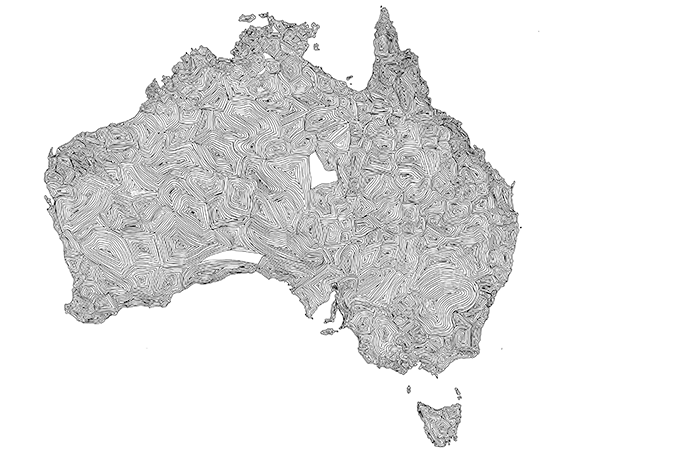To be "on Country" means more than to be standing on a particular patch of earth, within a particular political division. For Indigenous people, Country is more than land, sea and sky; it's also the holistic systems of nature that dynamically work together and the associated cultural and spiritual customs, rituals and responsibilities that carry on its knowledge and ethics.
Country is something that's cared for and looked after, and in return it looks after us all. It's an interdependent relationship, wherein humans cannot be separated from the natural systems; we can only work with them or against them.
From the website of Common Ground, an Aboriginal-led organisation that aims to "help Australians see the value of Aboriginal and Torres Strait Islander cultures through providing access to engaging and authentic content that will help bridge gaps in knowledge":
The land is a link between all aspects of Aboriginal and Torres Strait Islander people's existence - spirituality, culture, language, family, law and identity.
Each person is entrusted with the cultural knowledge and responsibility to care for the land they identify with through kinship systems.
Rather than owning land, people develop strong intimate knowledge and connection for a place that is related to them. The intimate knowledge of a place forms this strong connection that is inherent to Indigenous identity.
We understand that no matter where we work, whether it's in a remote part of the outback or an urban centre, we're always on and within someone’s Country.
We understand that as our profession’s primary remit is to modify place, we hold a fundamental responsibility to work with Country and its Custodians at every opportunity.
